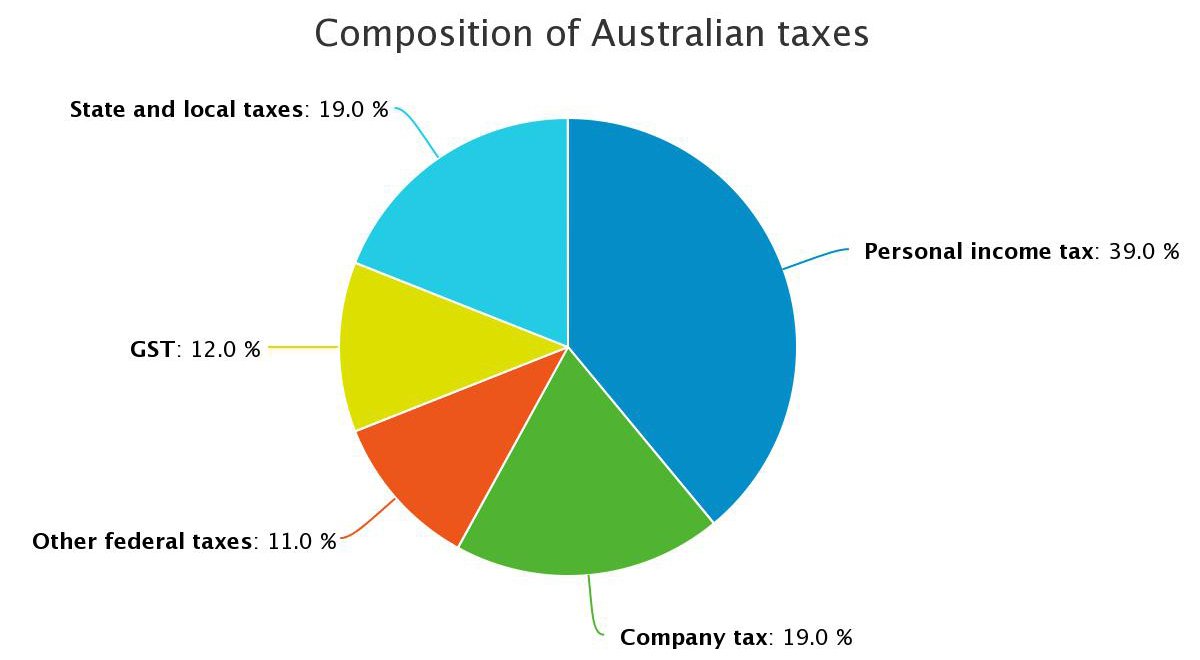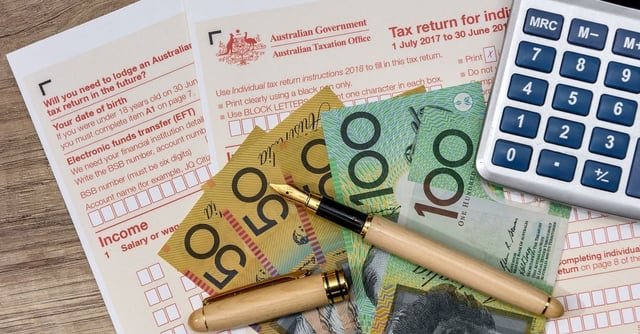Australia’s Income Inequality Worsens Due to Tax-Free Housing, Economists Argue
Australia’s income inequality is more severe than previously thought, with the tax-free treatment of housing exacerbating the issue, according to a new paper by Professors Peter Siminski and Roger Wilkins.
Reforming Tax Treatment of Housing
The researchers contend that the current tax system, which favours homeowners, has led to a concentration of wealth among property owners, leaving renters and non-homeowners at a significant disadvantage.
By reforming the tax treatment of housing, the Australian community as a whole could benefit, they argue.
The paper highlights that official statistics underestimate income inequality in Australia, as they neglect the income generated by homeowners from their properties.

This oversight has significant implications for policymakers, as it distorts the true picture of wealth distribution in the country.
Consequences of Favourable Tax Treatment
The extremely favourable tax treatment of owner-occupied housing has encouraged Australians to invest heavily in property, often at the expense of other assets.
This has resulted in a widening gap between homeowners and non-homeowners, with the latter struggling to access affordable housing.
The researchers warn that the current system is unsustainable and argue that reforming the tax treatment of housing could have far-reaching benefits for the economy and society as a whole.
By acknowledging the true extent of income inequality in Australia, policymakers can begin to address the issue and work towards creating a more equitable society, where everyone has access to affordable housing and economic opportunities.

